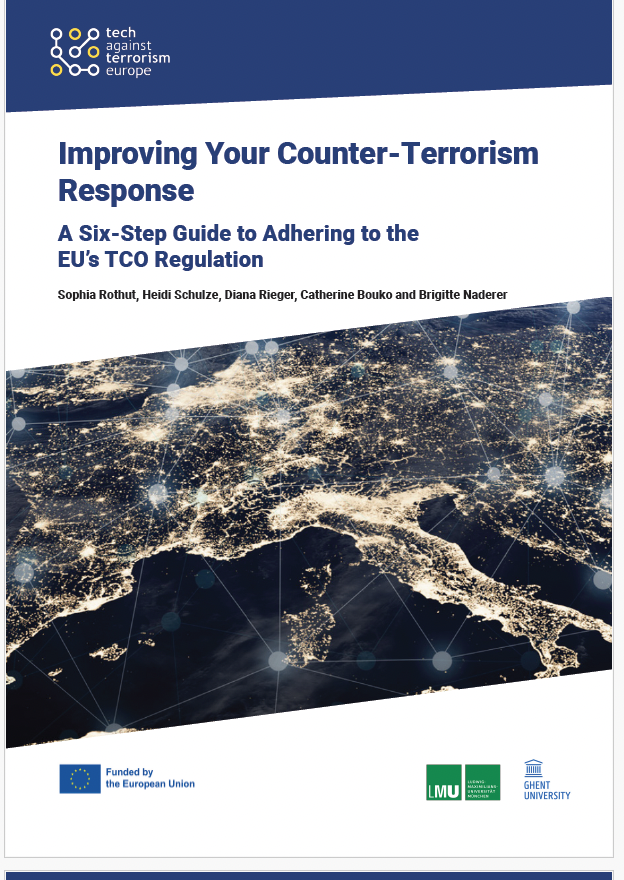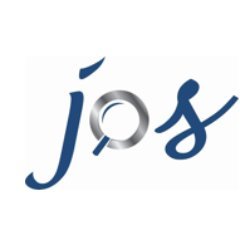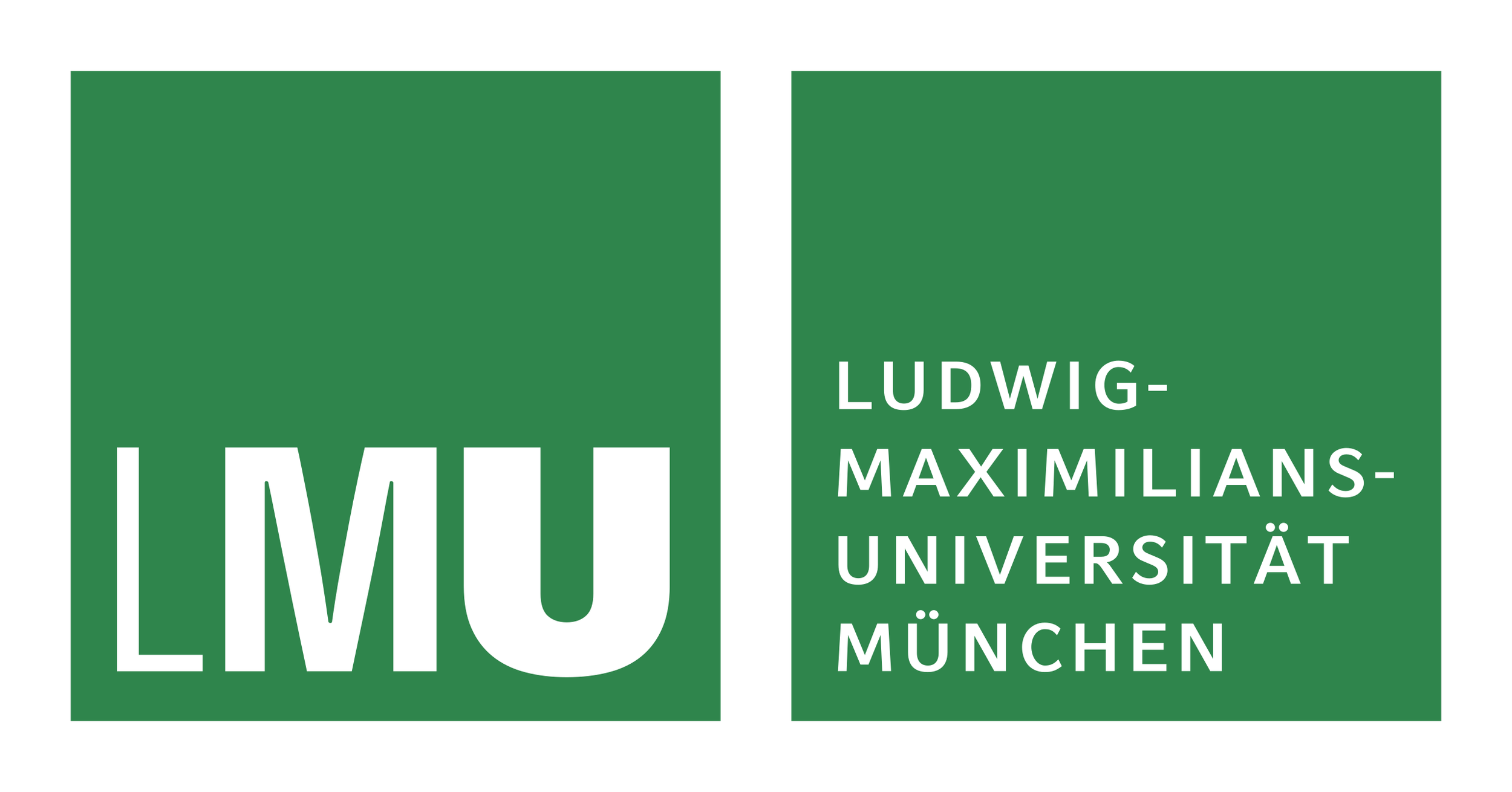Tech Against Terrorism Europe
Tech Against Terrorism Europe is a consortium of partners who will scale up its expertise, network and technologies to support smaller hosting service providers (HSPs) in disrupting terrorist content online whilst respecting human rights and fundamental freedoms.
Latest
Consortium Partners
Tech Against Terrorism equips and enables technology companies in countering terrorist use of the internet whilst respecting human rights. Tech Against Terrorism is an independent public-private partnership initiated by the United Nations Security Council. We work across the tech sector and are supported by the UN and other international bodies as well the governments of Spain, Switzerland, the Republic of Korea, and Canada.
At Tech Against Terrorism, we aim to drive change with small platforms who are vulnerable to the threat. Our support revolves threat intelligence, outreach, knowledge-sharing, and technical support.
Tech Against Terrorism’s will drive this agenda through the Tech Against Terrorism Europe, providing its technologies, expertise and existing mentorship programme to enable tech companies improve their internal processes and policies to better combat terrorist use of their services. You can find Tech Against Terrorism on Twitter and LinkedIn.
SAHER is a security research and innovation consultancy based in Estonia, operating at a global level. The mission of SAHER Europe is to provide a collaborative platform for professionals, policymakers, practitioners, and the public, to advance and amplify international security innovations. SAHER Europe aims to encourage and embed the development and delivery of new and emerging innovative tools, techniques, and technologies, exposing unique research to enhance the operational realities of delivering sustainable improvements to security.
SAHER is the coordinator of project TATE, providing management and monitoring of delivery against project milestones, and which includes the management of risk, quality assurance, and project related legal, ethical and security matters. SAHER is also supporting the communication of project activities and has a role to develop a strategic approach ensuring the long-term sustainability of project outcomes. You can find SAHER on Twitter and LinkedIn. You can find SAHER on Twitter and LinkedIn.
Dublin City University (DCU) is a beacon of excellence in research, innovation, engagement, and opportunity. With more than 20,000 students, DCU is recognised for providing life-changing educational opportunities, backed by world class expertise in teaching and learning. The mission of DCU to ‘transform lives and societies’ is reflected in DCU’s delivery of impactful research addressing the challenges facing our world today. DCU ranks among the world's top young universities and in the world's Top 100 in the Times Higher Education Impact Rankings.
DCU will lead the threat assessment and at-risk platform identification research, developing an at-risk HSP prioritisation matrix. DCU will also be engaging in research to support capacity building training and the development of an implementation oversight model designed to ensure effective delivery of training in line with best practice. DCU will also contribute to raising awareness through communicating and disseminating information on project activities, including progress, results and output to ensure maximum engagement, exploitation and sustainability. You can find DCU on Twitter, LinkedIn and Facebook.
Ghent University is a top 100 university, founded in 1817, and one of the major universities in Belgium with 50,000 students and 15,000 employees. Ghent University offers more than 200 programmes, including 64 English-taught master's programmes, and conducts in-depth research within a wide range of scientific domains.
With research expertise in media literacy and online radicalization processes, Ghent University will be involved in the preparation of the pedagogical resources and will translate them into French. Ghent University will also contribute to raising awareness through communicating and disseminating information on project activities, including progress, results and output to ensure maximum engagement, exploitation and sustainability. You can find Ghent University on Twitter and LinkedIn.
The JOS Project monitors extremist content across the internet and social media. The JOS team analyses online content dissemination in a dynamic capacity, including emergence, propagation and resilience. The JOS team analyses online content from a rhetoric perspective, which includes the analysis of media, narratives, and target audiences.
The JOS Project will contribute to the mapping of HSPs that are instrumentalized by terrorist online content and to the segmentation of these HSPs, in order to identify the ones that are most at-risk. The JOS Project will also contribute to raising awareness through communicating and disseminating information on project activities, including progress, results and output to ensure maximum engagement, exploitation and sustainability. You can find JOS on Twitter and LinkedIn.
LMU Munich is one of Europe's most renowned and long-established universities, combining outstanding research with sophisticated teaching. As a part of the LMU, the Department of Media and Communication (IfKW) is one of the largest and internationally most visible communication science departments, ranking 1st in Germany in the latest Shanghai Ranking. It is internationally recognized for excellent research in a broad range of areas, such as media and politics, digital communication, media use, reception, effects, and extremism/radicalisation.
LMU’s project team is contributing to TATE based on its pedagogical as well as its extremism-, terrorism-, and radicalisation-specific expertise. LMU is taking the lead in building awareness and implementing TCO regulations and best practices. To realize this, LMU will be collaborating closely with TAT and UGent to develop learning materials and an interactive online course on TCO regulations targeted at HSPs and IT professionals. They will also conduct an evaluation study on the created materials to address and satisfy knowledge-building needs related to TCO regulations. You can find LMU Munich on Twitter, LinkedIn and Facebook.
TATE research will be undertaken by the Cyber Threats Research Centre (CYTREC) at Swansea University. Founded in 1920, Swansea University has a long history of collaborative research that delivers significant, sustained, valuable economic and societal impact in Wales, the UK and internationally. CYTREC is an interdisciplinary centre, with experts that have backgrounds in law, criminology, political science, linguistics, psychology and computer science. It explores a range of online threats, from terrorism, extremism and mis/disinformation, to child sexual exploitation, cybercrime and online fraud.
CYTREC will conduct research into online ecosystems, identifying platforms that are being exploited by terrorists and extremists and conducting risk assessments. It will interview representatives from these platforms, to better understand the challenges that they face and the support that they require to improve the resilience of their services. CYTREC will also produce a report for small tech companies to increase awareness of the provision and accuracy of AI and machine learning systems in identifying and removing terrorist content online. You can find Swansea University on Twitter , LinkedIn and Facebook.
TCO CLUSTER
The Tech Against Terrorism Europe consortium is funded under the European Union Call ISF-2021-AG-TCO. We acknowledge other projects also funded under the same call, ALLIES and FRISCO. Together, we share the same aim to inform Hosting Service Providers (HSPs) in Europe about the new Regulation on Terrorist Content Online (TCO) and their new obligations to report and remove terrorist content, while respecting human rights and fundamental freedoms.
Funded by the European Union
The Tech Against Terrorism Europe project is funded by the European Union Internal Security Fund (ISFP-2021-AG-TCO-101080101). This project will support smaller hosting services providers (HSPs) in building their counterterrorism frameworks and with transparency reporting, as required by the EU’s terrorist content online (TCO) regulation and in Directive (EU) 2017/541.












